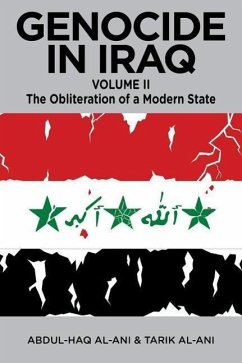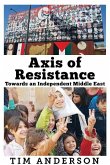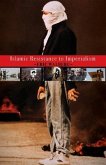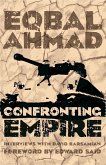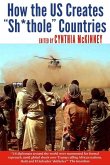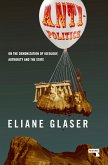The current horrific malaise in the state of Iraq has its roots in the US-led destruction of Iraq in 1991, followed by a decade of harsh US-led international sanctions against the entire Iraqi population that killed millions -- one of the most heinous crimes of the 20th century. A second "shock and awe" war of aggression on Iraq in 2003 enabled the US/UK military occupation that ensued. Though based on fraudulent pretexts and later admitted as an illegal war by then Secretary-General Kofi Annan, the UN provided a veneer of legitimacy to what in effect would be the obliteration of an effective and functional modern state, redefining its national character via the redrafting of state policies and law, even deliberately sowing seeds that could lead to its future implosion. Volume II of Genocide in Iraq addresses Bremer's introduction of the imperialist design for Iraq as part of a wider strategy for the Middle East. It details the scale of post-2003 destruction and redesign, showing clearly how every step was intended to change Iraq irreversibly to a slave state of extreme neoliberal capitalism. It documents the extent of intentional and ongoing damage as it relates to killing, torture and displacement, cultural cleansing and genocide, and ensuing problems in health, child education, psychological well being, malnutrition, child disabilities, child iabor and mortality, as well as drug abuse and the impact on women. It tracks the divestment and disposal of Iraqi oil. These Nuremberg-level crimes are then reviewed in international legal context as the crime of aggression, crimes against humanity, and violations of the most basic of human rights, as it relates to the right of remedy, in the hope of providing guidance to Iraqi individuals or governments seeking recourse in future.

